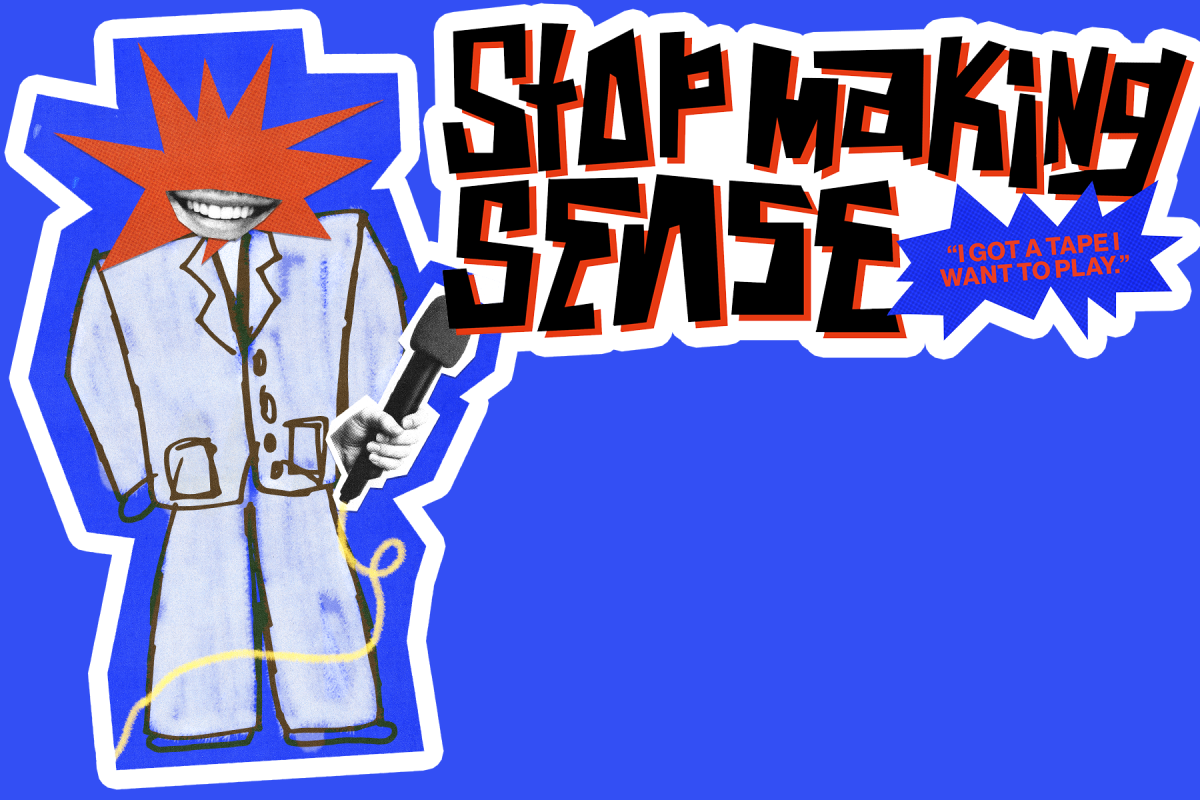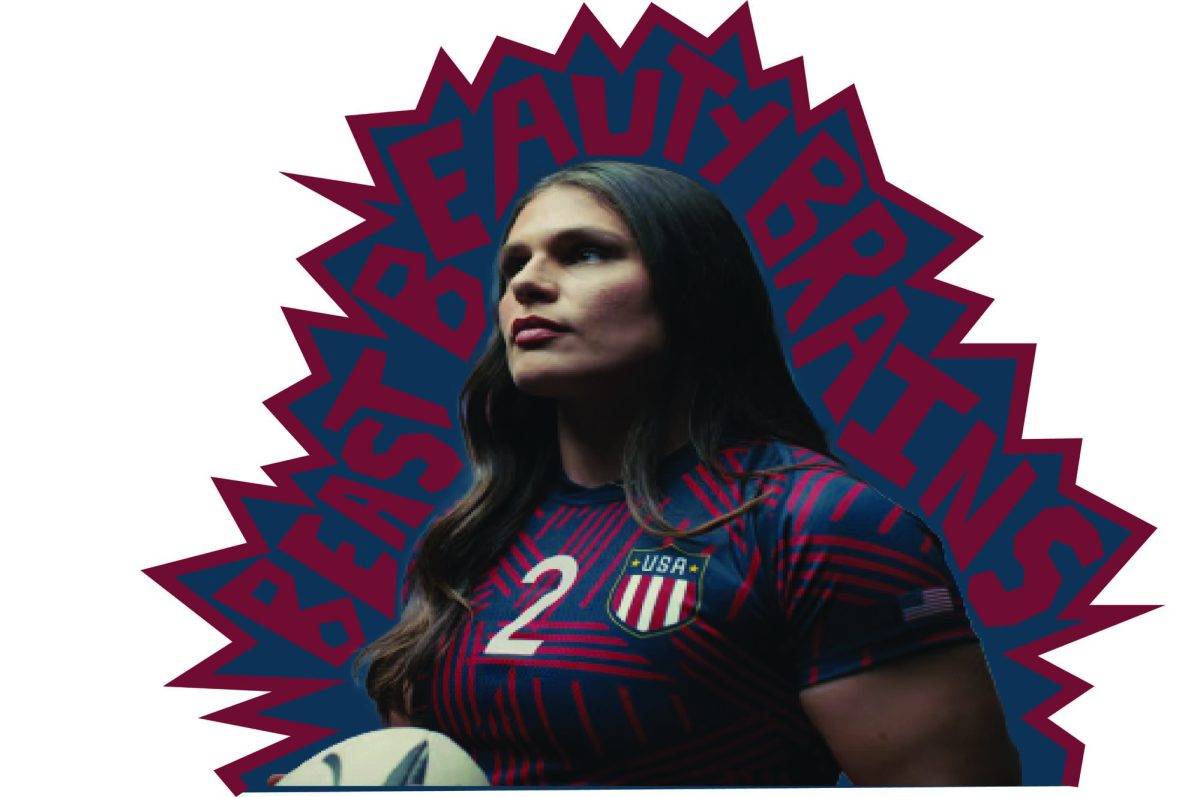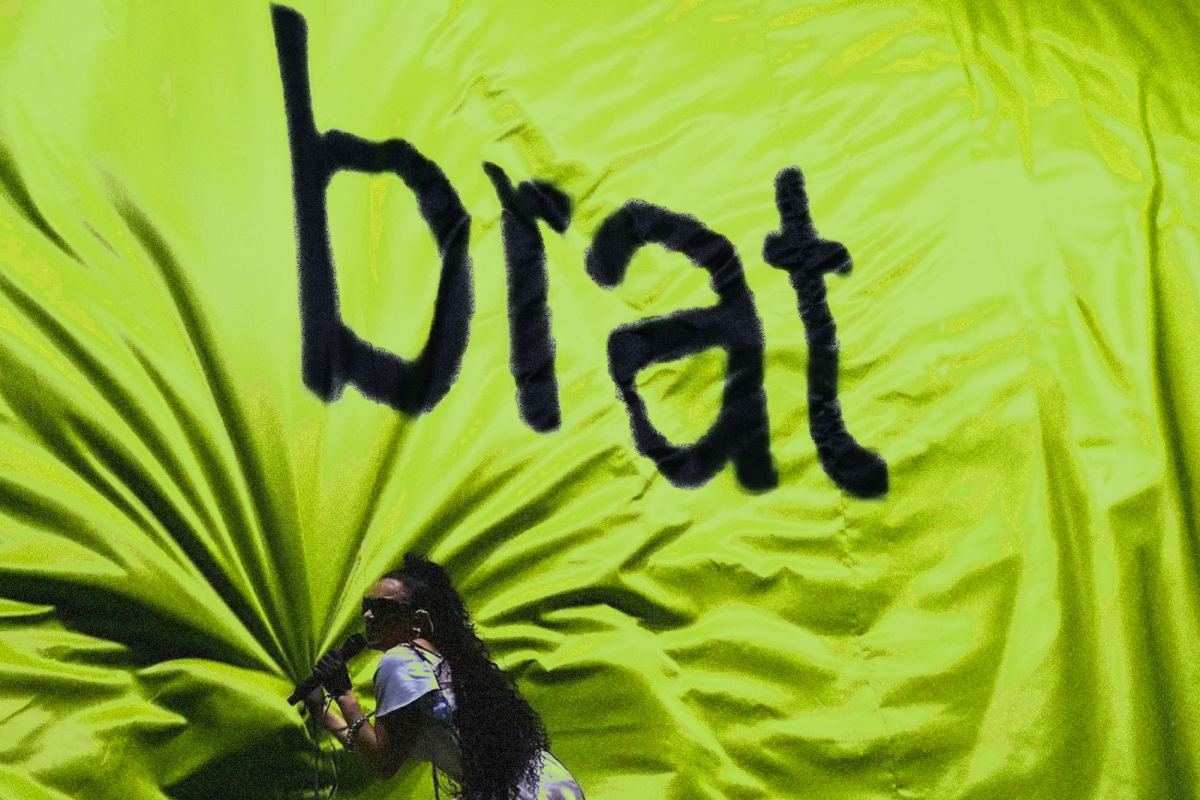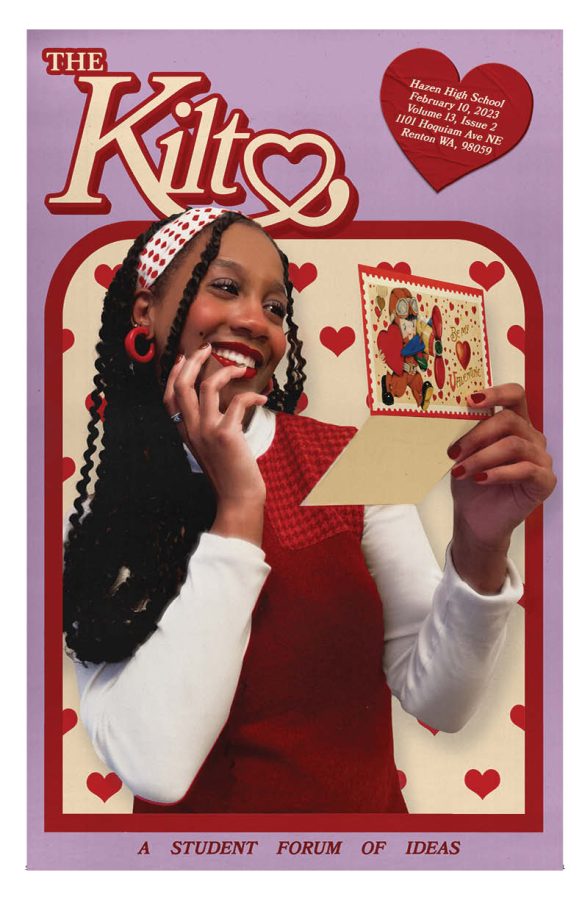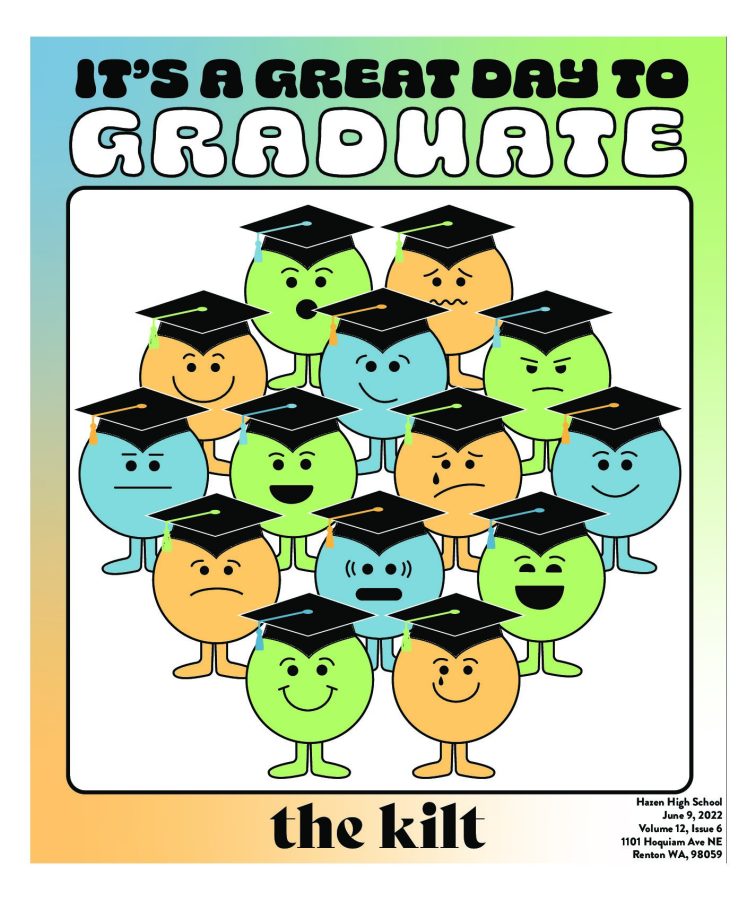Bernie Sanders, Donald Trump, Ed Sheeran, Dax Shephard, and Timothee Chalamet, are just a few of the impressive interviewees featured on comedian Theo Von’s YouTube show and podcast This Past Weekend. Although Von has a long history in the world of comedy, his more recently found TikTok fame sparks questions about how he chooses to use his platform, and when his humor crosses the line.
Theo Von’s comedy style perfectly harnesses the rapid pace of the TikTok app with his bizarre vibes, extraordinarily strange opinions, nearly offensive statements, and star-studded guest list stunning audiences into sticking around and watching his videos. Whether I am laughing with or at him is highly questionable, and whether his ignorance is a comedic choice or he is blissfully unaware of the strange things he is saying is very unclear.
His redneck mullet and southern accent make his vaguely racist, ableist, and homophobic statements and actions not completely surprising to viewers. Episodes with Korean comedian Bobby Lee have featured many directly and indirectly racist takes from Von. He does an impression of Lee’s father’s Korean accent and shares “It’s hard to guess [people] are Korean because you forget they exist.” Unlike many other guests who questionably laugh and try to quickly move on, Bobby Lee counters Von and tells him his statement is messed up, but Von rebuts: “No, it’s not.”
Similarly, Von asks his Asian producer Riley Mau where he would like to vacation, questioning whether he would want to return to his family’s “homeland.” Mau confronts him, stating, “Yeah, I’m here.” “Sure, buddy,” Von replies, a common microaggression intended to imply that Asian people are not truly from America.
In another segment, he states “I’m not racist or I’m not trying to be, but I have some flare-ups in traffic.”
His ableist statements have also become somewhat of a trademark of his comedy style with jokes about autism as a consistent theme. His repeated use of “tism” is featured in many episodes, stating “A lot of people named James are tismed out” and calling his new sunglasses his “tism blinders.” He continues to discuss goals to create a charitable sunglass company to support people with autism. This is classic behavior from Von; following up outlandish statements with more reasonable opinions and authentic kindness.
These highly questionable statements are just a selection of a much longer list of offenses. They are not some dug-up videos or social media posts from before his fame that are often the cause of cancellation for celebrities. He proudly and unabashedly shares these takes despite his guests, despite their reactions, despite efforts to try and correct his behavior. This comedic style is his brand.
What is strange is how his childlike personality and performative cluelessness have somehow excused his behavior for more than a decade and launched him far enough into the comedy space to interview A-list celebrities, senators, and presidential candidates. He has accrued over 3 million YouTube subscribers, 7 million TikTok followers, and two Netflix specials. His countering of these offensive statements with heartwarming moments or political discussions distracts more left-leaning viewers and keeps audiences appeased enough to continue watching without running away.
His reaction to a call-in video from a transgender man asking Von for tips on conforming to male culture includes some of his regular “Theo-isms,” but is shockingly quite endearing. He commends the bravery of his journey without stigmatizing or “othering” the caller.
In both his interviews with Bernie Sanders and Donald Trump, he maintains his comedic style while hosting educated discussions about our government, policies, and future plans. It is clear Von knows how to control his eccentric side and approaches his political conversations with surprising grace. In the Donald Trump interview, he does the impressive task of humanizing the president which has been proven difficult across his campaign. He asks pointed questions about the large number of pharmaceutical lobbyists in Washington D.C. and their influence on the high profits of prescription medication in our country. Bernie Sanders and Von also discussed issues with the healthcare system and the high levels of medical debt in our country despite being one of the richest countries in the world.
In a world of seemingly endless people attempting to gain the popularity Theo Von has, it comes into question why he is the one we have allowed to stay in the limelight for so long. His down-to-earth, comedian perspective humanizes high-level, untouchable people and connects them with a younger audience, which is a more positive impact of his platform. On the other hand, he is constantly toeing the line between being out of pocket as a comedic choice and severely offending marginalized communities. At what point do we stop overlooking his thoughtless microaggressions for our own entertainment?











